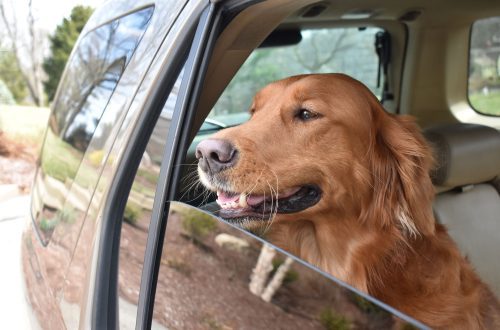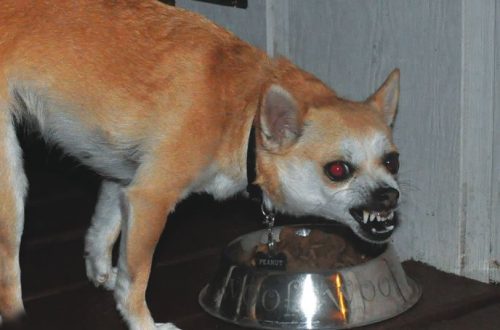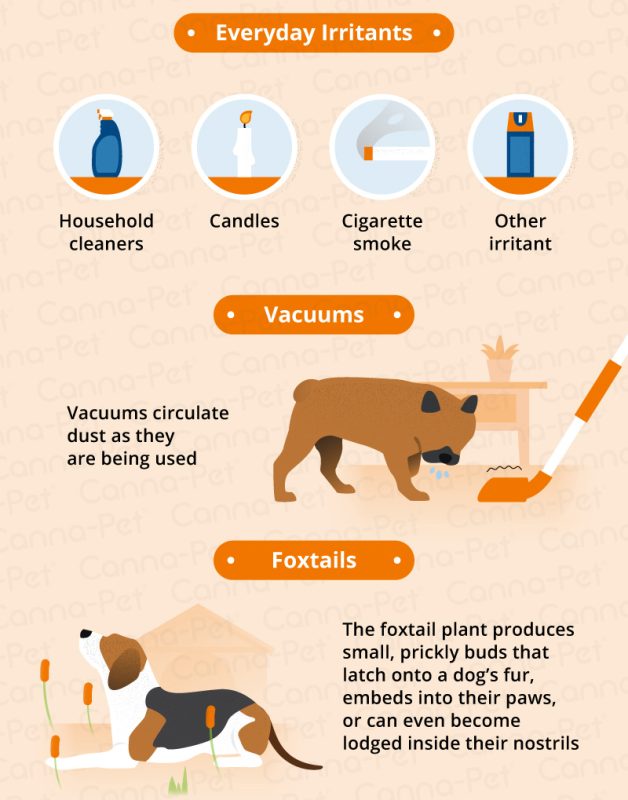
The dog often sneezes: what is the reason
Periodic such a manifestation is a variant of the norm for dogs, but the fact that the dog constantly sneezes can signal a serious problem. In what cases there are risks, Hill’s experts say.
Contents
Why is the dog sneezing
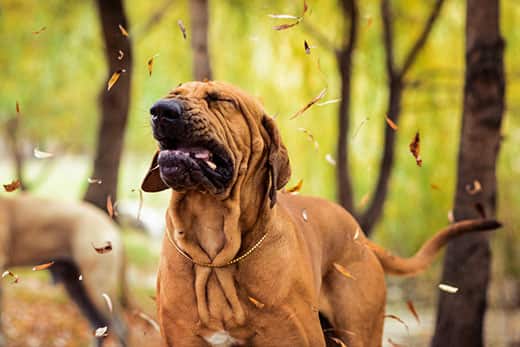 Although dog noses look very different from human noses, their anatomy is about the same.
Although dog noses look very different from human noses, their anatomy is about the same.
According to PetCoach, the pharynx, located at the back of the throat, serves as the intersection of the nasal and digestive passages. When an irritant enters the nose or throat, the body tries to get rid of it by forcing air through the nose and mouth. This is called sneezing.
Why does a dog often sneeze
Causes range from dust in the nose to a viral infection. While in most cases a dog’s sneeze is completely harmless, it can sometimes indicate a more serious problem.
In most cases, the dog often sneezes for the following reasons:
- Irritants and foreign bodies. Dust, pollen, and other small particles can enter a dog’s nose or throat and cause irritation. Pet nose irritation can also be caused by perfumes, cigarette smoke, and cleaning products.
- Allergy. Pets often suffer from seasonal allergies to various types of pollen. Manifestations of this reaction include itching, scratching, sometimes watery or runny nose, and in some cases sneezing.
- Colds and viruses. Dogs, like humans, are susceptible to colds and viral infections that can cause sneezing. A pet with a cold or a viral illness will usually show other symptoms, such as nasal discharge, coughing, watery eyes, lethargy, fever, or decreased appetite.
- Infections. Sneezing in a dog can be caused by bacterial and fungal infections of the sinuses or nasal cavity. Dental infections can also enter the nasal cavity. If your dog’s sneezing is caused by an infection, other symptoms are likely to appear, including thick or bloody discharge, swelling around the nose, and possibly loss of appetite.
- Tumors. In rare cases, a dog sneezes due to swelling in the nasal cavity. According to PetCoach, this most often happens to older dogs over 8 years old. In this case, sneezing may be sporadic at first, becoming more frequent as the cancer progresses. Ultimately, he will be accompanied by spotting from one nostril.
- Joyful excitement. Some dogs sneeze because they are happy to see their human. One theory is that pets wrinkle their noses when they’re nervous, and this triggers a sneeze response. If your dog sneezes in long bursts every time he greets a family member at the door, it most likely means that he is just very happy.
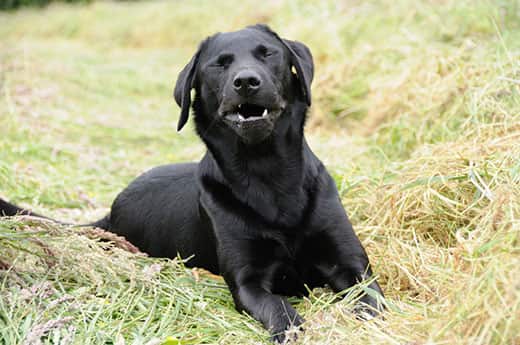
What to do if your dog sneezes and when to take him to the doctor
As a rule, episodic sneezing, not accompanied by other symptoms of the disease, should not cause concern. On the other hand, frequent sneezing, especially without an obvious cause, may require intervention.
Although allergies usually do not pose a serious threat, a veterinarian should be consulted. Also, attention is required when, in addition to sneezing, an allergy causes itching or skin irritation in a dog.
If sneezing is accompanied by thick or bloody discharge, swelling, fever, loss of appetite or lethargy, you should immediately take your four-legged friend to a specialist.
Noticing that the dog often sneezes, you need to carefully monitor for other signs. Although this condition is most likely harmless, it may still be worth doing a little research on its causes.




